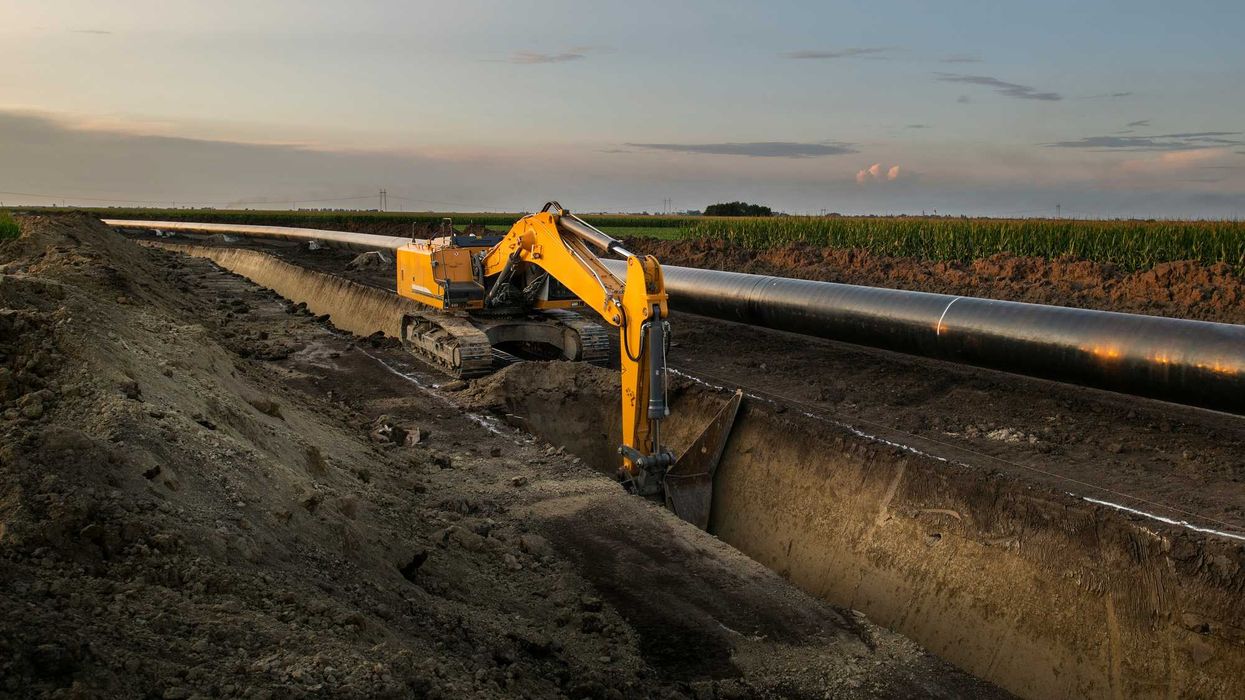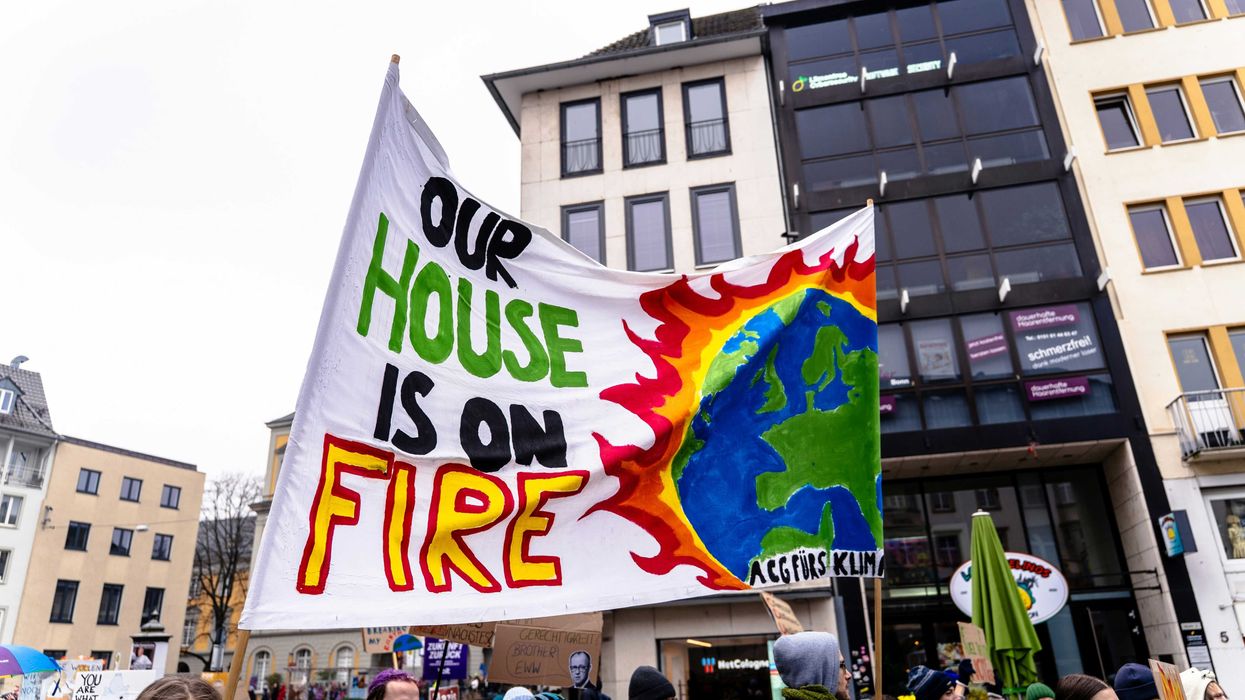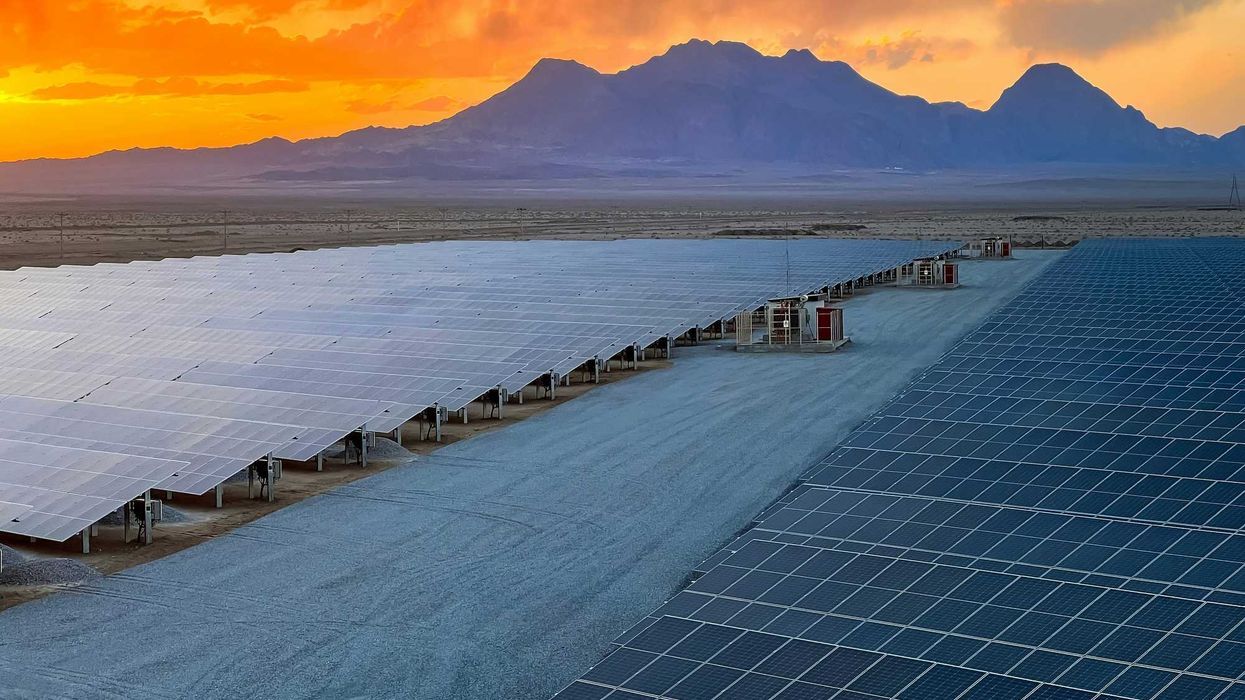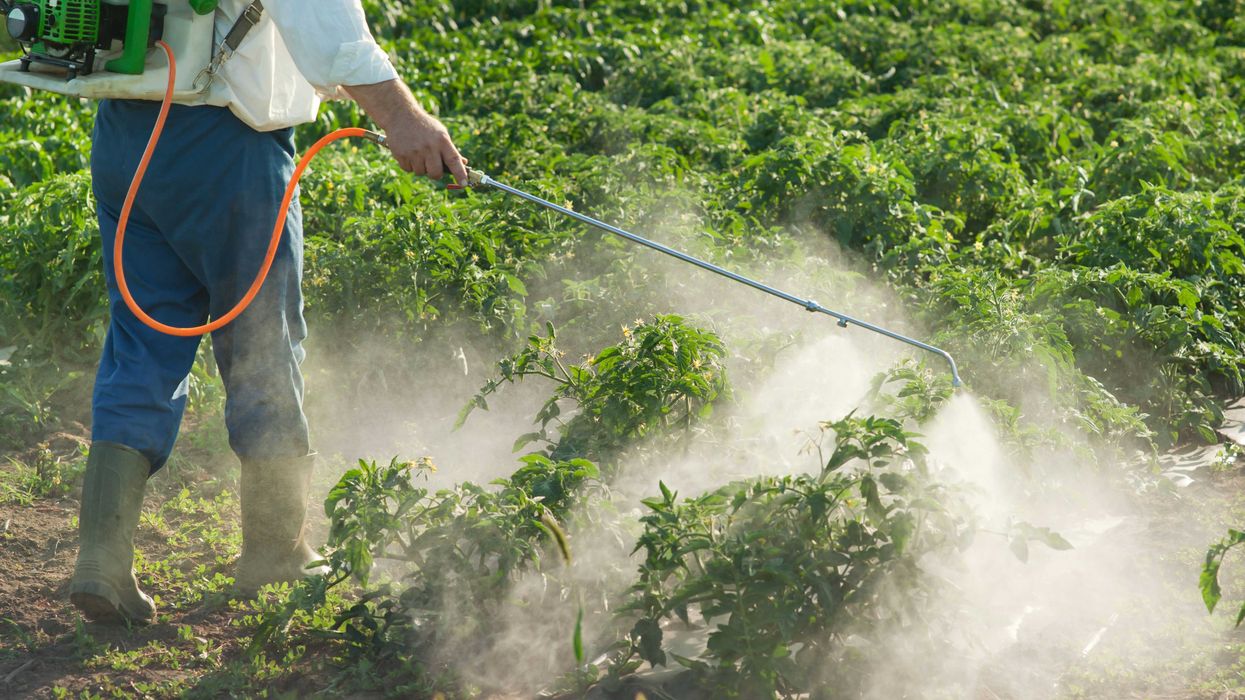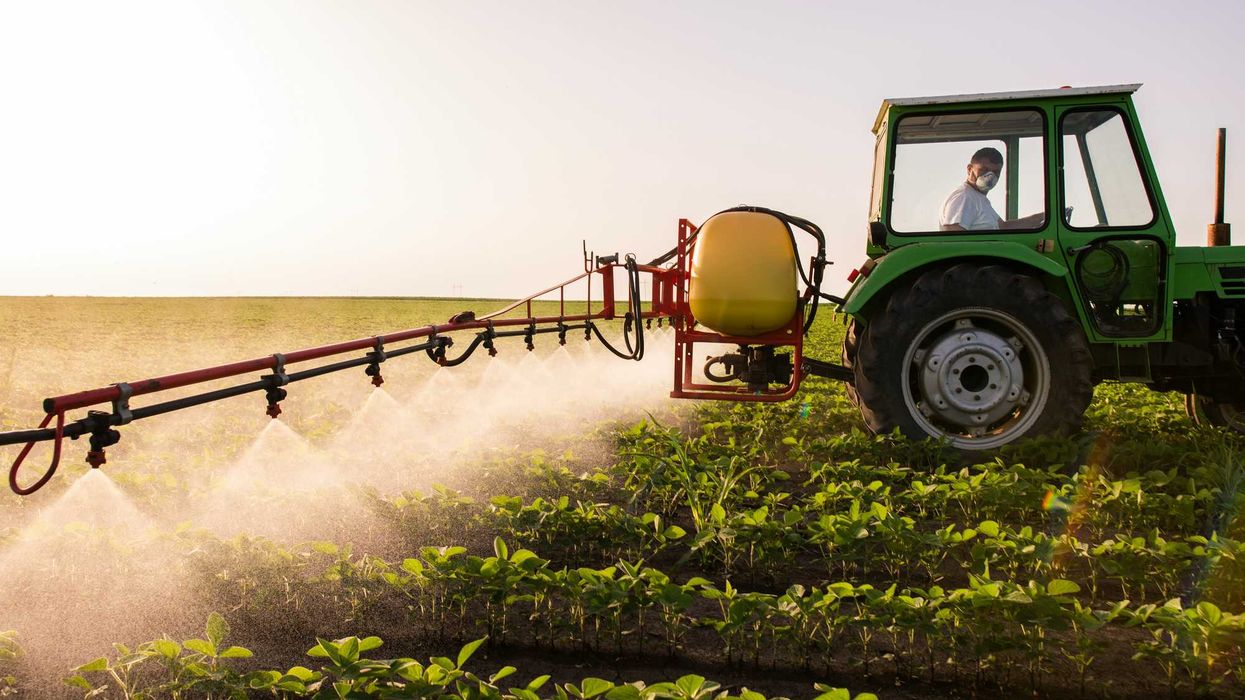Flooding in South Sudan’s Unity State is pushing toxic runoff from oil facilities into vital water supplies, creating a dire health crisis for communities.
Maura Ajak and Stephanie Stafford report for BBC.
In short:
- Floods in Unity State, intensified by climate change, have spread toxic pollution from nearby oil fields into local water sources, used by residents for drinking and livestock.
- Community members report health issues and birth defects among humans and livestock, which they attribute to contamination from poorly managed oil spills and toxic water.
- Despite concerns raised for over a decade, systematic data collection on the health impact is lacking and government action on pollution control has been slow.
Key quote:
“The water is dirty because this place has oil—it has chemicals in it.”
— Chilhok Puot, community chief
Why this matters:
The health impacts of oil pollution, combined with worsening climate-driven floods, are exacerbating water insecurity and health risks in South Sudan. Dependence on oil revenues has delayed reforms, while environmental contamination poses long-term risks to the nation’s health and food security.



